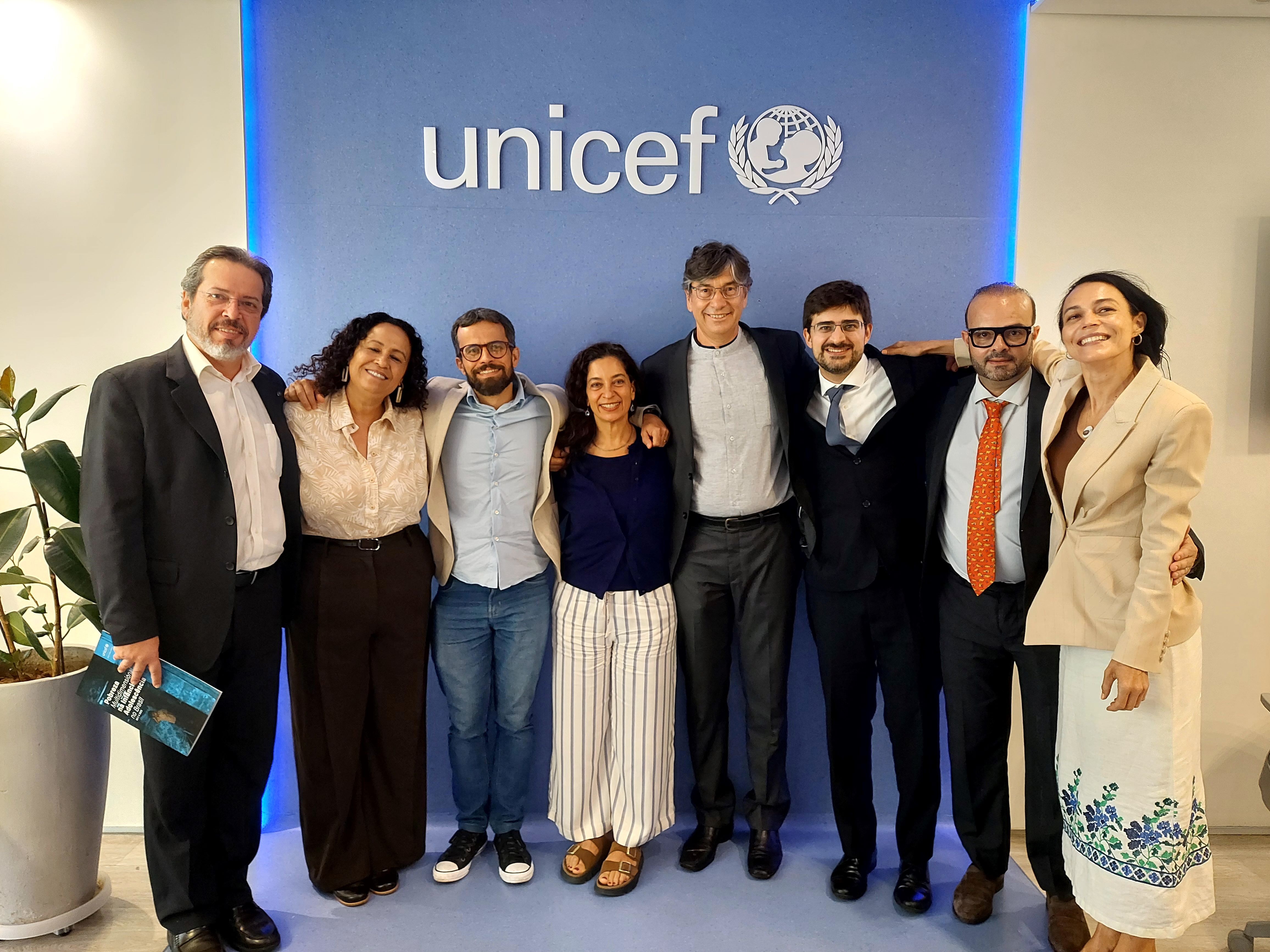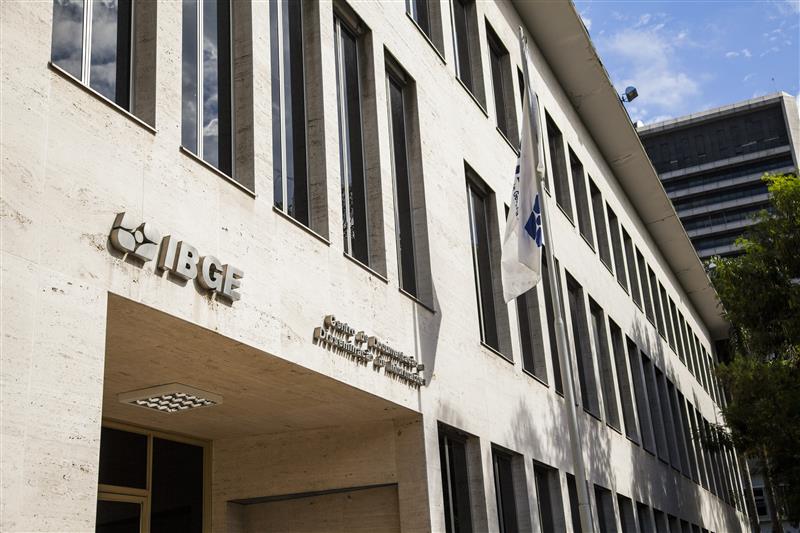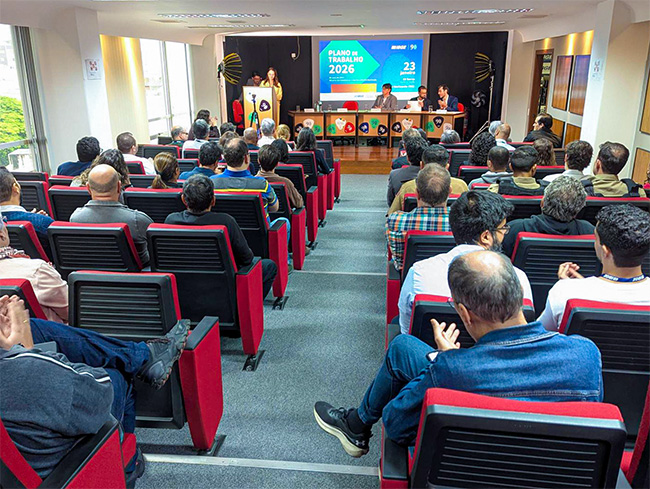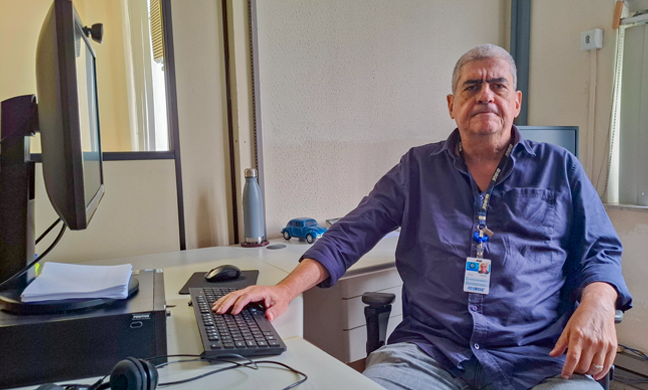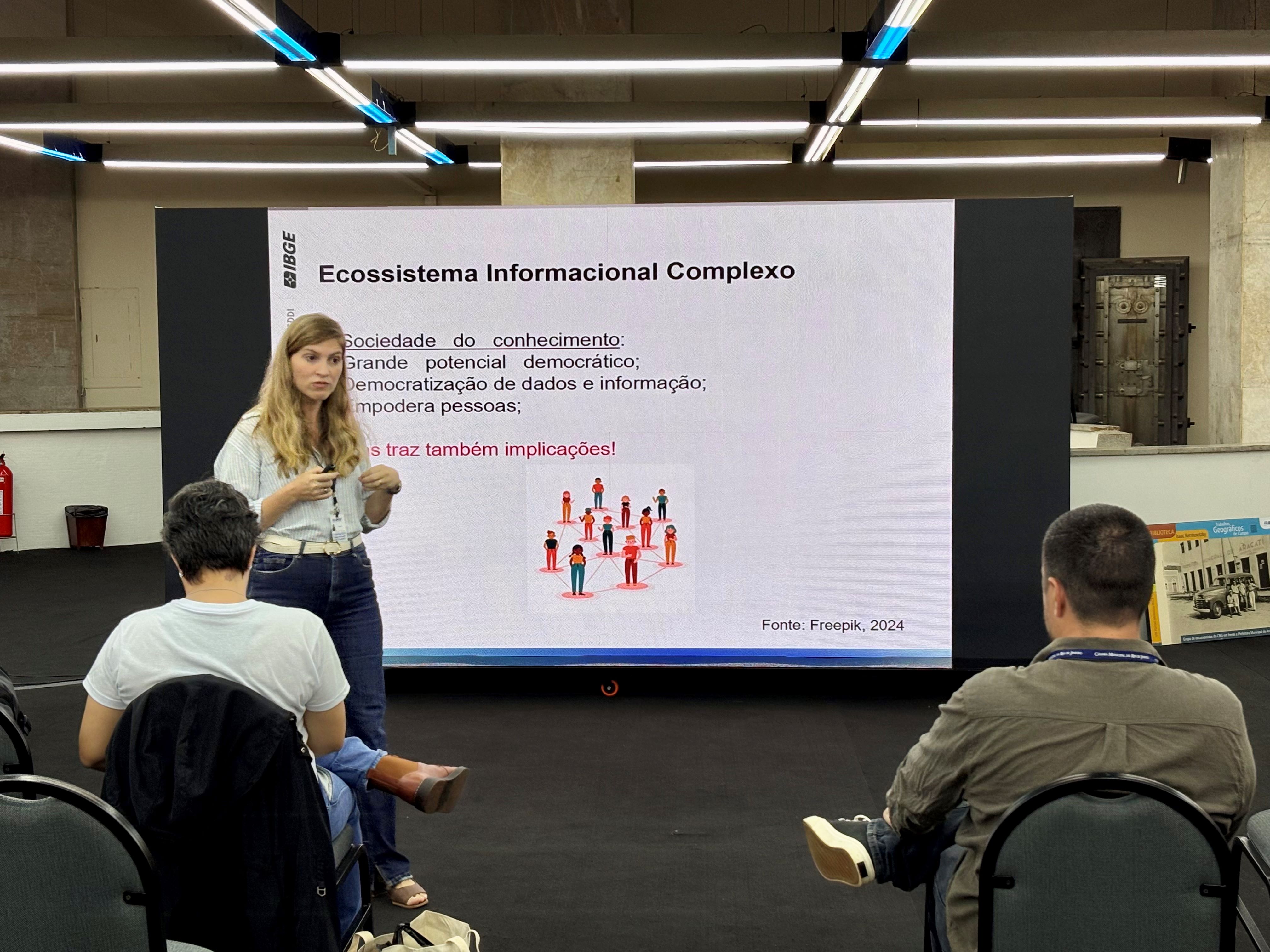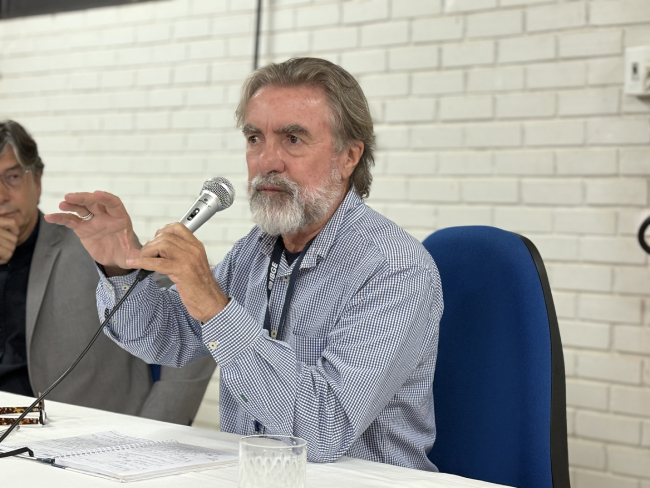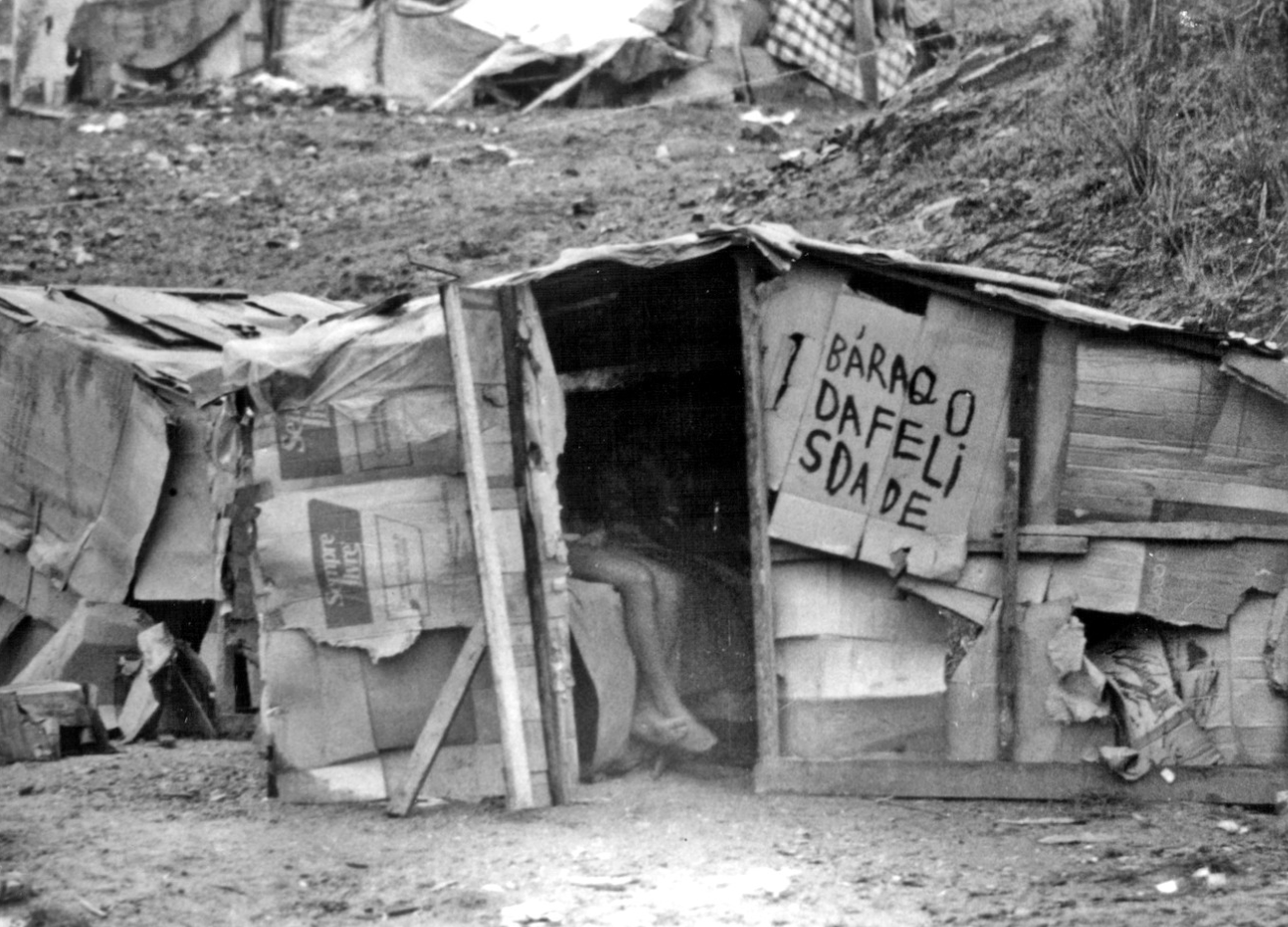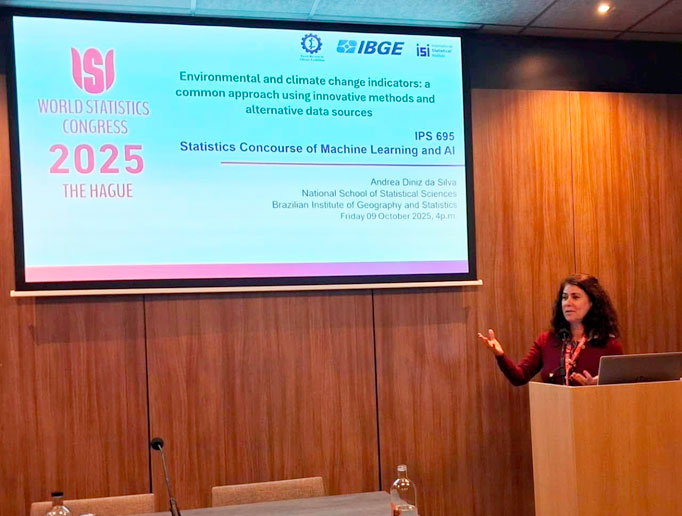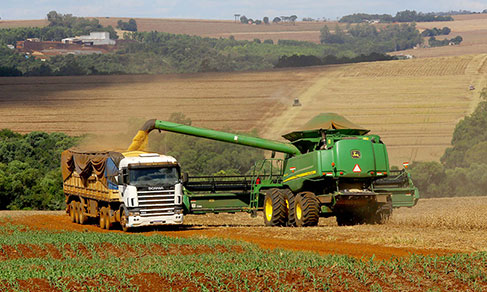Virtual Events
IBGE, CFC to make national release on importance of enterprises and accountants answering structural surveys
August 21, 2020 11h59 AM | Last Updated: August 28, 2020 12h07 PM
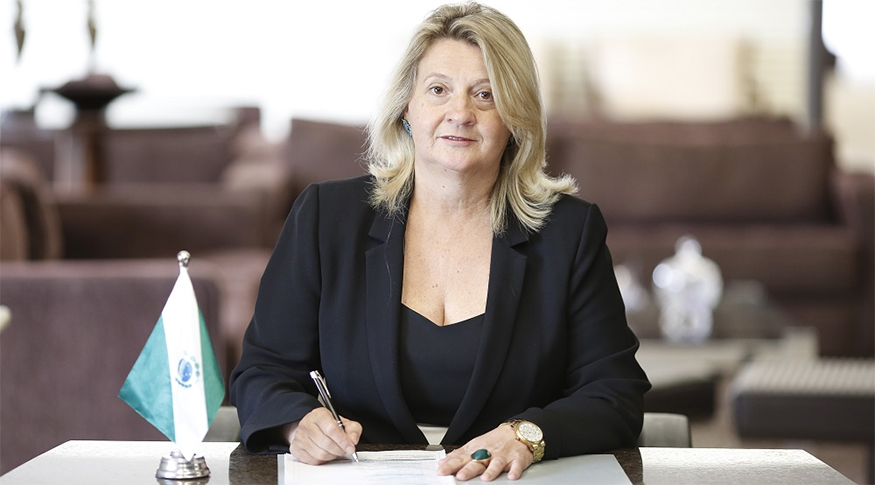
The IBGE met last Tuesday, 18, with the Federal Council of Accounting - CFC in order to make a joint effort to disseminate the importance of filling the questionnaires of the structural economic surveys. The communication will be made to the Regional Councils of Accounting - CRCs in order to be passed on to their associate accountants. Designed with an annual periodicity, the four major structural economic surveys – Annual Survey of Trade (PAC), Annual Survey of Services (PAS), Annual Survey of Industry (PIA) and Annual Survey of Construction Industry (PAIC) – are focused on enterprises with a Ministry of Economy´s National Register of Legal Entities and classified in the IBGE´s Central Register of Enterprises - Cempre.
According to Jurandir Carlos de Oliveira, manager of Planning and Production at the Coordination of Services and Trade - Cosec, the structural surveys aim at providing the National System of Statistics with relevant information to subsidize the governmental planning, as well as at providing inputs for studies on the sectors of trade, industry, services and construction. They also aim at providing the necessary information to the System of National Accounts." They also update Cempre, concerning the code of the National Classification of Economic Activities - CNAE, both of them under the responsibility of the IBGE.
"We collect, on an annual basis, information of 267 thousand enterprises that represent 4 million trade, services, industry and construction companies, and we have to start the data collection in April. It is key that the IBGE maintains our release dates in which our products are presented to the society," reinforces Oliveira.
Flávio Magheli, coordinator of Enterprise Short-term Surveys, highlights that the annual surveys produced by the IBGE aim at pinpointing the basic structural characteristics of the business segments of several activities in Brazil, and their transformations over time. For him, these surveys are the most complete sources of statistical information on the economic sectors in Brazil. Their results provide subsidies for the System of National Accounts and for the planning and decision taking of governmental and private offices. In addition, they produce the registers key to the short-term surveys of economic activity, which, every month, produce the indicators that allow to follow up the economy in the short term.
"The reliability of the official indicators produced is directly related to the quality of the information obtained from the enterprises and, to a great extent, to the quality and excellence of the accountants in charge of filling the questionnaires of the IBGE´s statistical operations. With the support of the accountants, the IBGE produces information based on consolidated methodologies, with production processes in compliance with international standards. And the statistical information produced is understood by expert users and disseminated to the entire society, impartially and with equal access," reiterates Magheli.
One of the ideas is to replicate the release work that the Regional Council of Accounts of the Federal District has been making. Nicholli Menezes, supervisor of Enterprise Surveys at the UE-DF, informs that the CRC-DF published on its website, on July 27, a note to raise awareness among the accountants on the importance of promptly answering the surveys. "We will make the same movement with the CFC, though on a wider basis. Besides the publication on the website, its is important to send a communication to the mailing list of the accountants," says Menezes.
Nathalia Pereira, supervisor of Enterprise Surveys at the UE-RJ, states that the partnership with the CFC is important, because there was a demand to postpone the answers due to the pandemic. "It is key to raise awareness among the accountants on the relevance of the IBGE and the need to fill the questionnaires, which is mandatory," reminds Pereira.
In the meeting, Lucélia Lecheta, vice-president of Registration at the Federal Council of Accounting, informed that she has been authorized by the Presidency of the CFC to disseminate to the CRCs on the need to continue the surveys, as well as presented some suggestions of that category to streamline the work of filling the questionnaires.
"The ideal is that the delivery date of the survey does not match the final date of the Public System of Fiscal Bookkeeping - SPED, because the sectors that fill both documents are the same. The questionnaire also does not allow to paste information nor import data from systems. We need to print and enter the data. It would be important that these features are implemented in the future," suggests Lecheta.
Cosec´s Jurandir Oliveira highlights that the relationship with CFC technicians was very fruitful when the IBGE systems were presented. In the meeting, he informed that the structural surveys are being redesigned and that the participation of the accountants in the tests will be important.
"We considered important the observations of the technicians on the points to be improved and we signaled that they will be consulted concerning the adequacy of the variables investigated to the accounting plans of the enterprises and to the systems used. They can even participate in the applicability tests and they will be invited to speak about the advances of our data capture systems and about the contents of the surveys," assures Oliveira.
"This meeting between the CFC and those responsible for the IBGE´s economic surveys is a milestone, not only for streamlining the data collection of the enterprises during the pandemic, but also for agreeing on a cooperation that will lead to an improvement in the data capture instruments. This is a moment in which history is being forged," states Eduardo Rios Neto, IBGE´s director of Surveys.
For Sinval Dias dos Santos, head of the IBGE´s State Unit of Paraná, the meeting was fundamental and strategic to streamline the annual data collection of the structural surveys, which are already in the field. He considered fundamental the initiative of the CFC to contact the Regional Councils to look for the support of the accountants, which will help a lot in the relationship with the IBGE.
"We completed nearly 50% of the data collection of the four surveys here at the State Unit of Paraná. Yet, compared with the same period last year, the data collection this year is slightly smaller, due to effects of the pandemic, which closed enterprises and some accountancy offices. The work will evolve with the help of the CFC, passing the information on the importance of the surveys on to the CRCs," states Santos.
Alessandro Pinheiro, IBGE´s coordinator of Structural and Special Surveys in Enterprises, says that these efforts are an important milestone of a closer collaboration between the IBGE and the CFC. From then on, the two institutions can think of strategies to streamline the filling of the questionnaires of the economic surveys and better disseminate to the society the role of the accountants, valuing even more such professional.
"A good questionnaire is a key step towards the knowledge about the reality of the Brazilian enterprises and, ultimately, the better understanding of the behavior of the economy as a whole, through the National Accounts," reiterates Pinheiro.
He highlights that, this year, the work is advancing and hitting a performance of data collection of the structural surveys corresponding to 76% of that registered in the same period last year (95 business days of data collection).
"In the first month of the pandemic, the percentage swung around only 40%. Thus, in the short term, we can anticipate partnerships aiming at resuming and improving the coverage of our surveys, especially in the states most impacted by social distancing as a result of the pandemic. In the medium and long terms, we can think of CFC as a relevant partner in the process of modernization of the business statistics," concludes Pinheiro.



